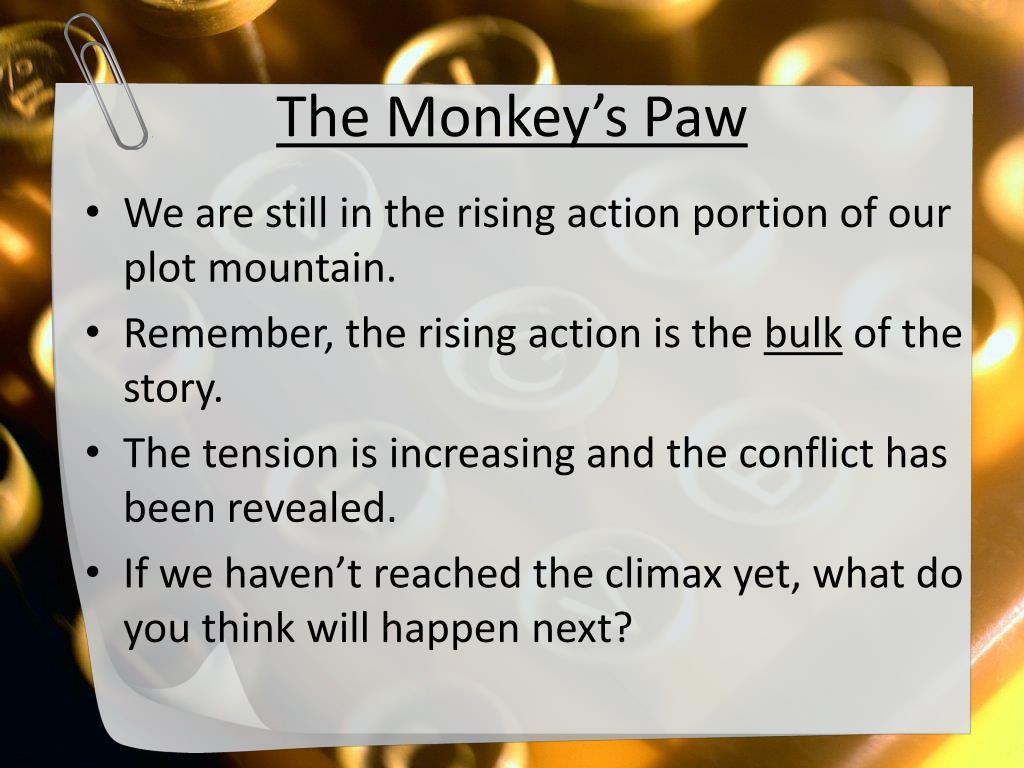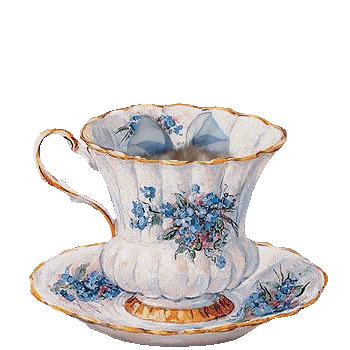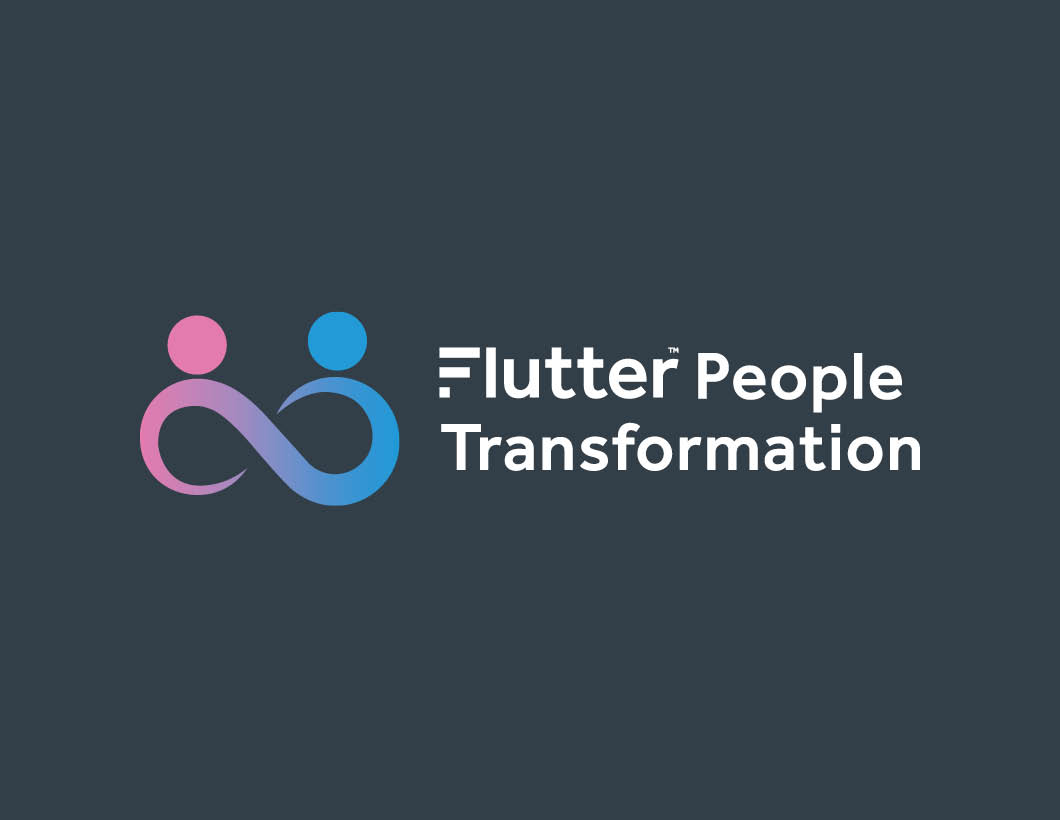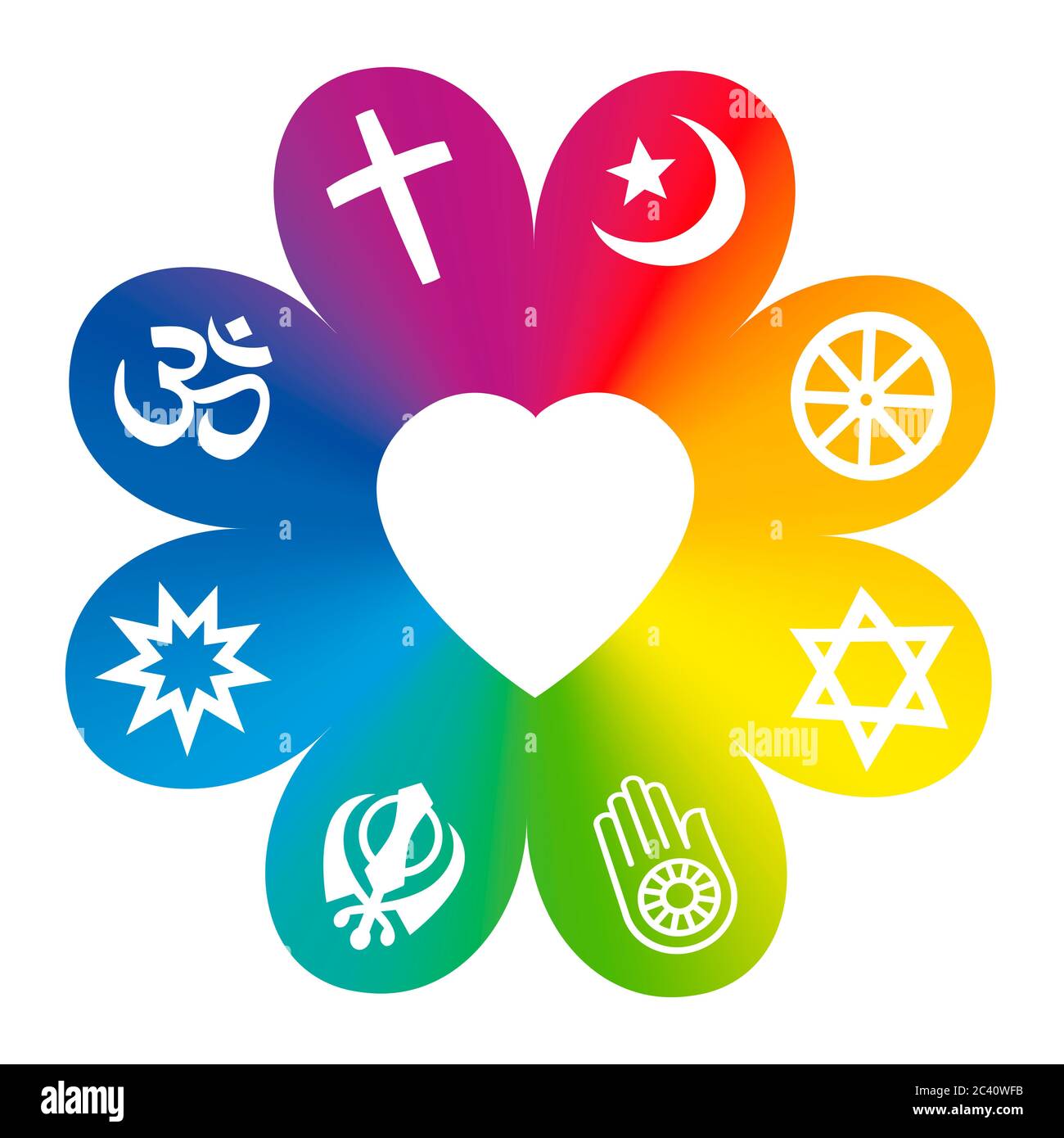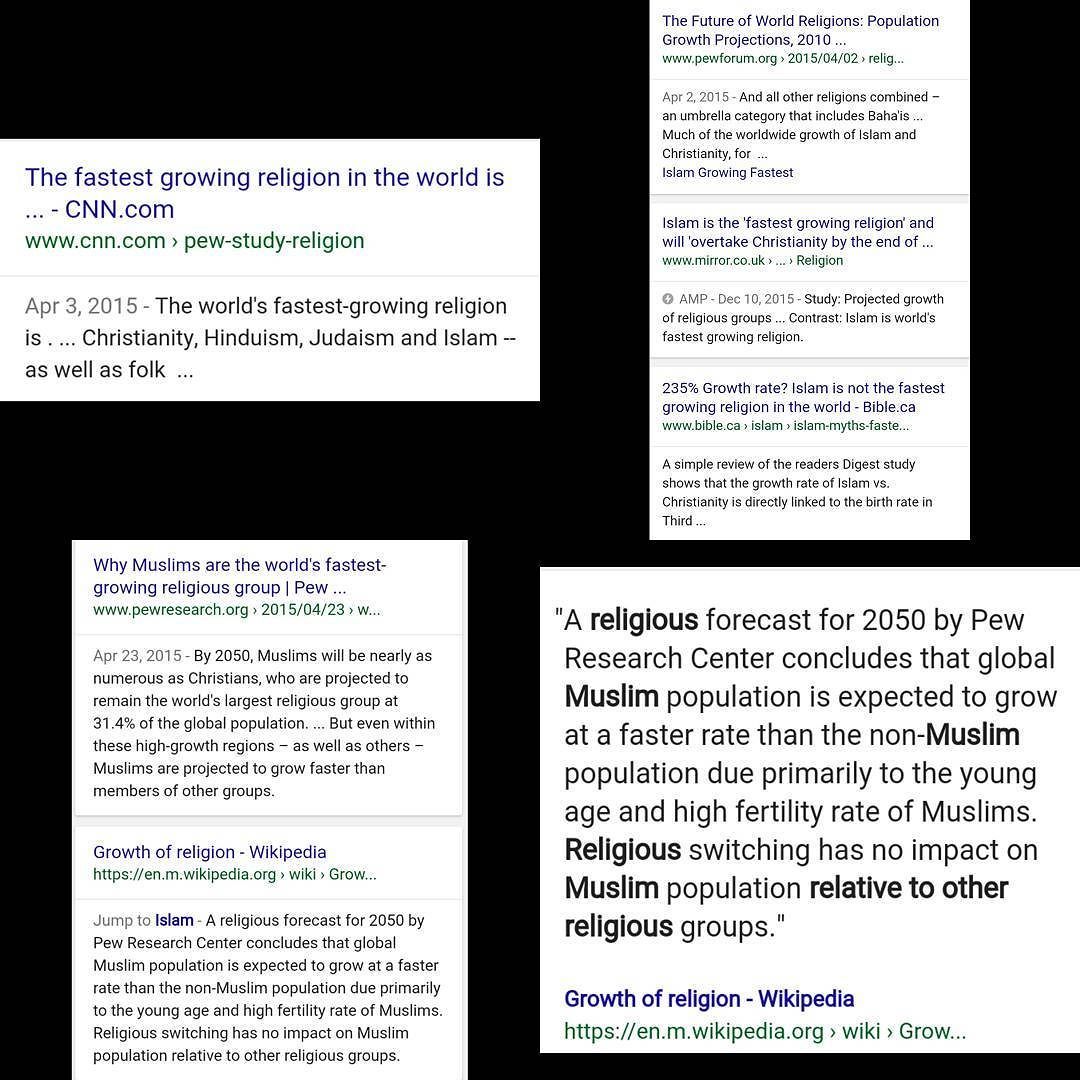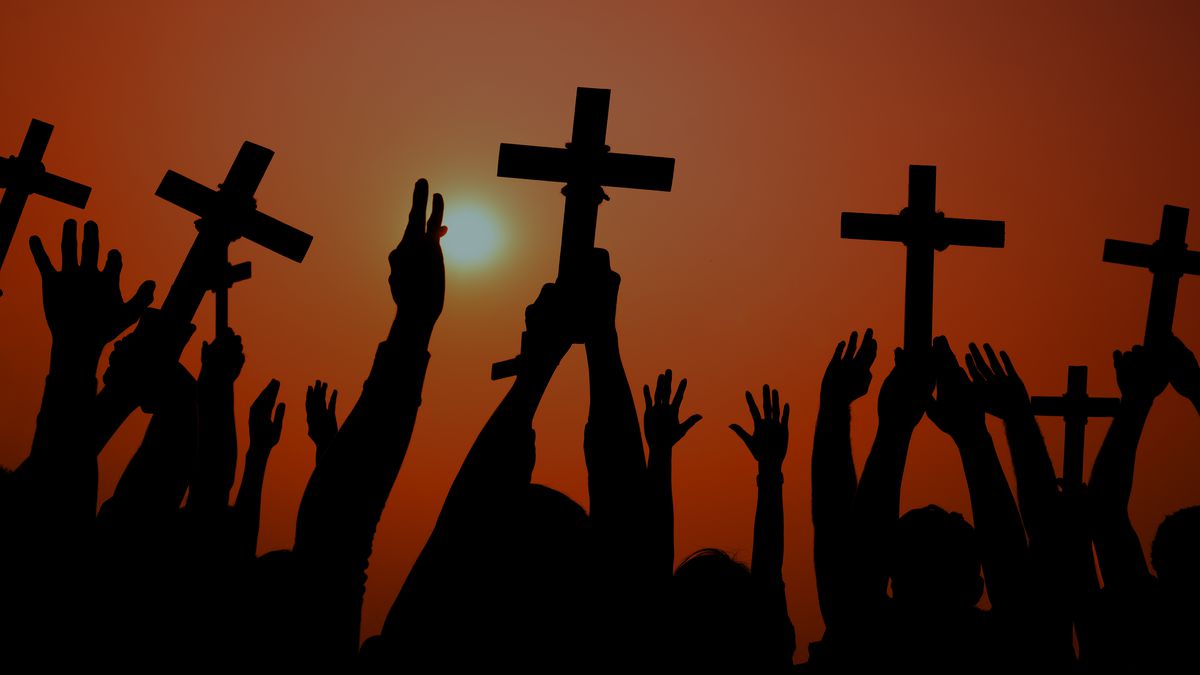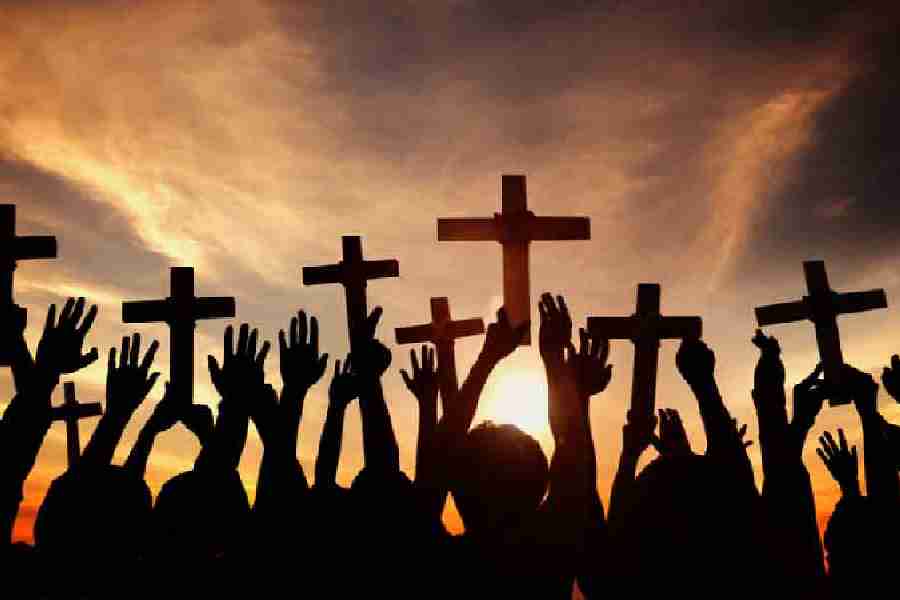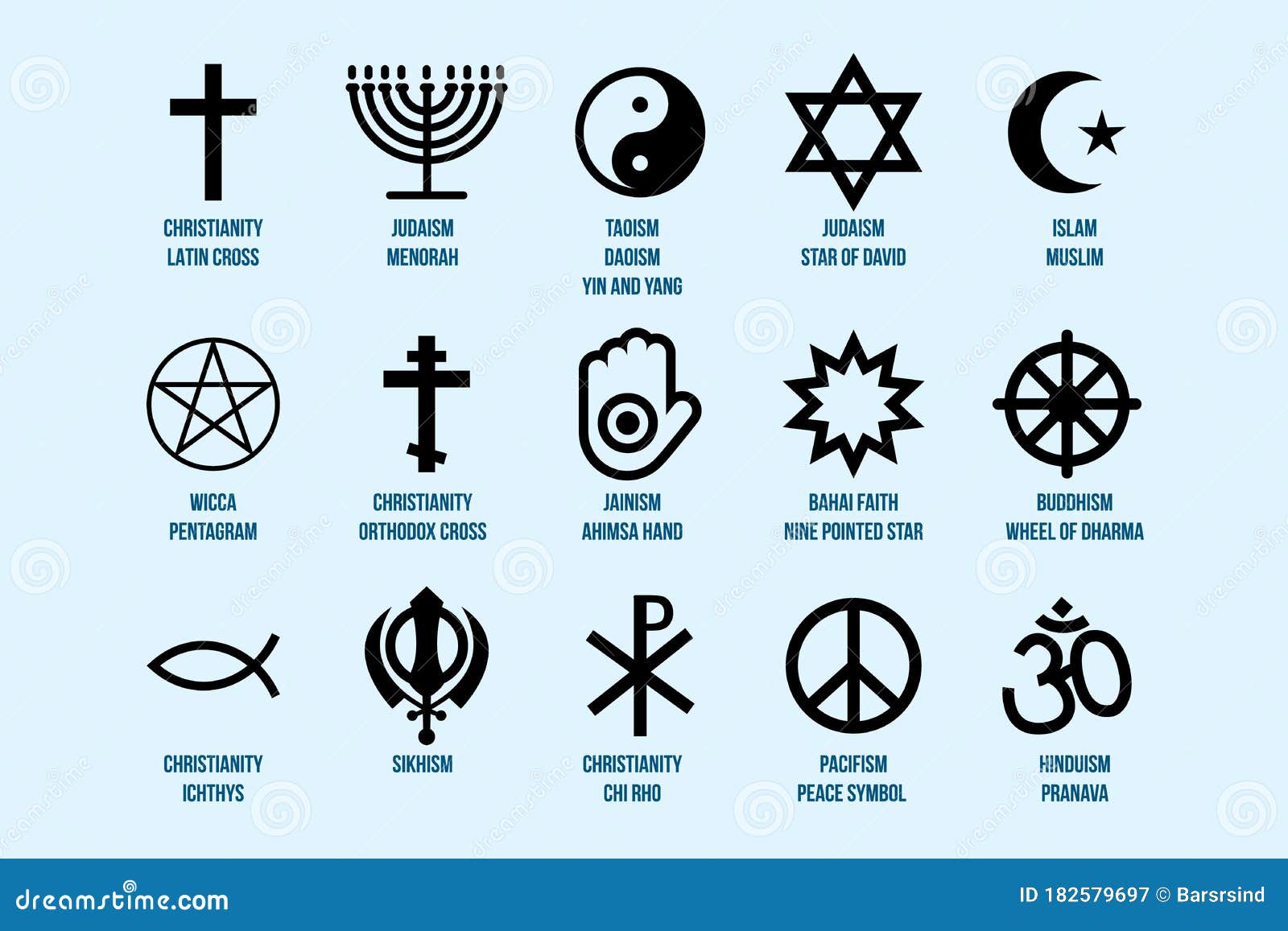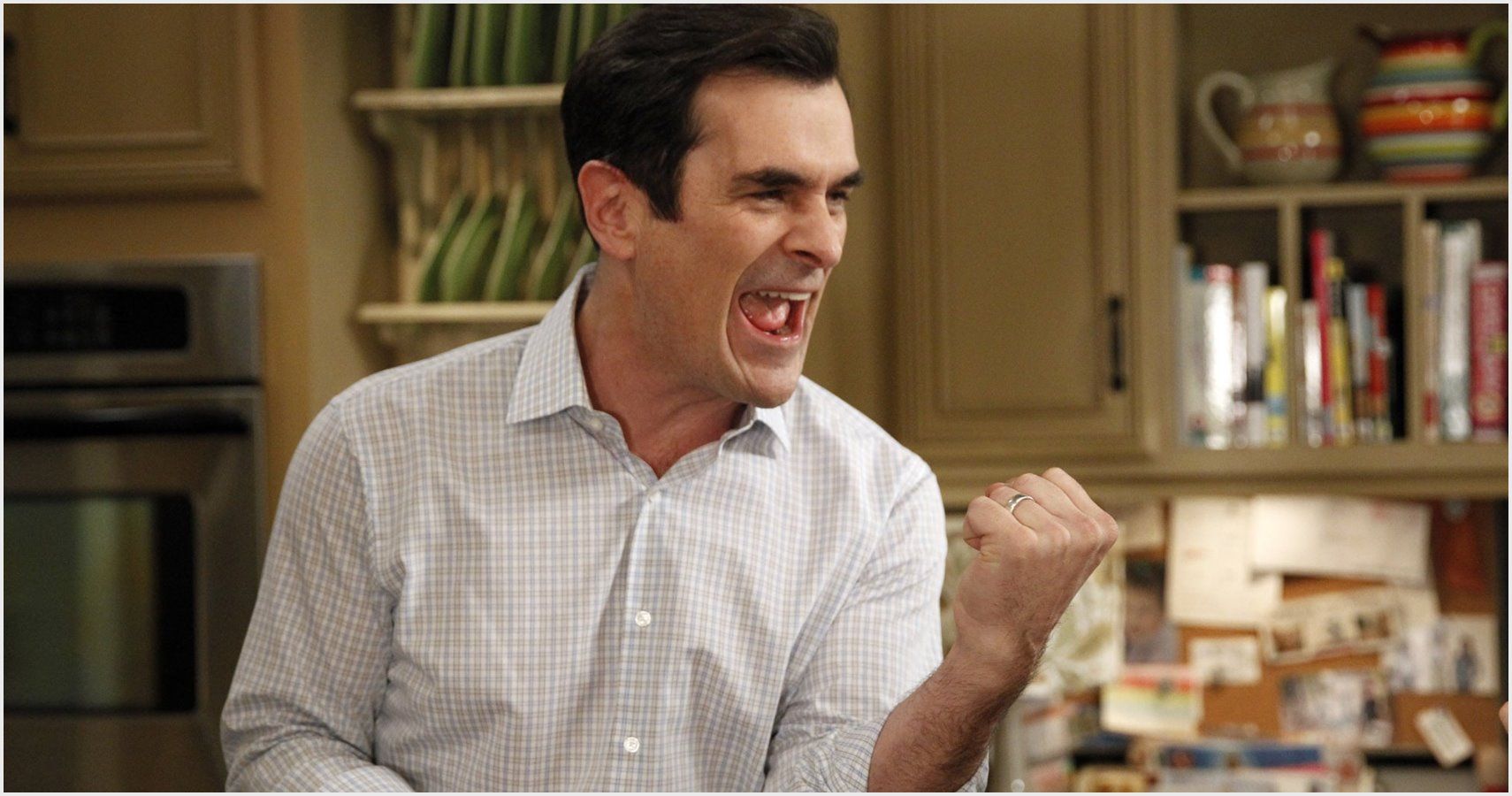How Culture and Religion Shape Life’s Decisions: Uncovering the Most Powerful Influences
Introduction: The Powerful Role of Culture and Religion in Decision-Making
Every day, people make choices-some small, others life-changing. What drives these decisions often goes beyond logic or economics. Culture and religion are two of the most significant forces shaping how individuals think, feel, and act in key areas of life. Understanding the profound impact of these influences can help individuals, families, and organizations make more informed, respectful, and effective decisions.
Understanding Culture: The Unseen Hand Behind Choices
Culture encompasses the shared values, norms, customs, and social practices that define a community or group. These elements begin shaping us from birth, affecting our worldviews, priorities, and sense of right and wrong. For example, in some cultures, collective well-being and family honor are prioritized over individual achievement, while others may stress personal autonomy and self-expression. These cultural norms inform daily decisions, from career choices to conflict resolution styles [3] .
Key aspects of cultural influence include:
- Family and Social Institutions: Families and educational systems transmit core values and expectations. For instance, some families emphasize the importance of elders’ advice and consensus, while others encourage independence and debate [1] .
- In-Group vs. Out-Group Dynamics: Culture can foster strong bonds within groups, but also set boundaries with outsiders. This dynamic impacts who people trust, support, or prioritize in decisions [1] .
- Approaches to Decision-Making: Research shows that people from different cultures may use distinct strategies for problem-solving, negotiation, and judgment, especially in less critical decisions [3] .
To better understand your own cultural influences, consider reflecting on your upbringing, the values taught at home and school, and how you relate to your community. If you work or interact with people from different backgrounds, approach their perspectives with curiosity and respect.
The Impact of Religion: Guiding Principles and Everyday Choices
Religion provides a moral and ethical framework for billions of people worldwide. Religious teachings often address key aspects of life: how to treat others, what is considered virtuous or forbidden, and the meaning or purpose of life. For example, the Ten Commandments in Christianity or the Five Pillars of Islam offer explicit guidance on behavior and priorities [1] .
Studies show that religious beliefs influence:
- Daily Lifestyle Choices: Religion can affect dietary habits, health care decisions, and approaches to work, marriage, and social relationships. For example, certain faiths prohibit specific foods or require fasting at certain times [2] .
- Health Decision-Making: Religious values can affect acceptance of medical treatments, end-of-life care, and preventive health behaviors. Healthcare providers are increasingly recognizing the need to respect and integrate patients’ beliefs into care plans [4] .
- Community and Support Networks: Places of worship and religious organizations often serve as important sources of social support, guidance, and resources in times of need [4] .
Whether you are making a personal decision or supporting someone else, it’s important to recognize the role of faith. When facing a significant choice, consider your spiritual values or consult with respected faith leaders.
Real-World Scenarios: Culture and Religion in Action
The influence of culture and religion can be seen in numerous real-world contexts:
- Workplace Ethics: Employees from cultures that value hierarchy may defer to superiors, while those from egalitarian backgrounds may expect open dialogue. Misunderstandings can arise if these differences are not acknowledged [3] .
- Healthcare Decisions: Some patients may decline certain medical procedures due to religious beliefs. For instance, Jehovah’s Witnesses may refuse blood transfusions, while others may request prayer or spiritual rituals as part of care [2] .
- Family and Social Life: Arranged marriages, expectations for caring for elders, or community rituals often reflect both cultural and religious traditions.
In each case, open communication and respect for differing perspectives can help prevent conflict and promote mutual understanding.
How to Navigate Cultural and Religious Influences When Making Decisions
If you are seeking to make decisions that honor your cultural or religious background, consider these steps:

Source: ivypanda.com
- Self-Reflection: Identify the values and beliefs most important to you. Journaling or discussing with family can clarify priorities.
- Seek Guidance: For religious questions, consult with faith leaders or mentors. For cultural issues, elders or community organizations can offer perspective.
- Research Options: Look for solutions that align with both your cultural and religious values. For example, when choosing health treatments, ask providers to explain alternatives that may accommodate your needs [4] .
- Communicate Clearly: When interacting with others-at work, school, or in healthcare-explain your needs and concerns respectfully.
- Connect to Support Networks: Many faith-based or cultural groups offer support, counseling, and resources. You can find local organizations by searching terms like “cultural support services” or “faith-based counseling” along with your location.
For those supporting diverse individuals, active listening and cultural humility are key. Ask open-ended questions and avoid assumptions about others’ beliefs or priorities.
Accessing Resources and Support
You can access guidance and support in several ways:
- Contact your local religious institutions or community centers for counseling, educational programs, and support groups.
- Work with healthcare providers or social workers who have training in cultural competence. Ask if they can help tailor services to your background.
- Seek reputable educational resources, such as university cultural centers or established non-profit organizations. For health-related decisions, consider consulting with professionals who acknowledge and respect your beliefs [2] .
- If you are unsure where to start, use search terms like “cultural decision-making support,” “religious counseling services,” or “multicultural health resources” in your preferred search engine, and verify the credibility of any organization before engaging.
Remember, there is no one-size-fits-all path. Consider multiple sources of advice, and take time to evaluate which options best respect your values and promote your well-being.
Challenges and Solutions in Balancing Diverse Influences
Navigating the intersection of culture, religion, and personal choice can be complex. Common challenges include:

Source: pewresearch.org
- Conflicting Values: Sometimes cultural and religious teachings may not align, or may differ from mainstream societal norms. In such cases, open dialogue with trusted advisors can help clarify priorities and identify acceptable compromises.
- External Pressures: Peer, family, or community expectations can make personal decision-making difficult. Building self-awareness and resilience, and connecting with supportive networks, can empower you to make authentic choices.
- Limited Access to Resources: Some areas may lack culturally or religiously sensitive support. In these cases, remote counseling or online communities can be valuable alternatives.
Consider alternative approaches such as joining interfaith or multicultural discussion groups, participating in community events, or seeking out literature that explores diverse perspectives on decision-making. These steps can broaden your understanding and reduce feelings of isolation.
Key Takeaways
Culture and religion are among the greatest influences on human decisions, shaping everything from daily habits to life’s biggest choices. By understanding and honoring these influences, individuals and communities can make decisions that are both authentic and respectful of their heritage. Whether you are making a personal choice or supporting someone else, remember to:
- Reflect on your core values
- Seek guidance from trusted sources
- Access culturally and religiously sensitive resources
- Communicate openly and respectfully
Your journey is unique, but you do not have to navigate it alone. With the right support and understanding, you can honor your background while making empowered choices for your future.
References
- [1] Horizon Project (2023). The Influence of Culture on Morality and Ethical Decision-Making.
- [2] Int J Environ Res Public Health (2021). Religious Affiliations Influence Health-Related and General Decisions.
- [3] PubMed Central (2016). Culture and Decision Making.
- [4] The Influence of Religious Beliefs on Health Decision-Making (2024).
MORE FROM cheerdeal.com
